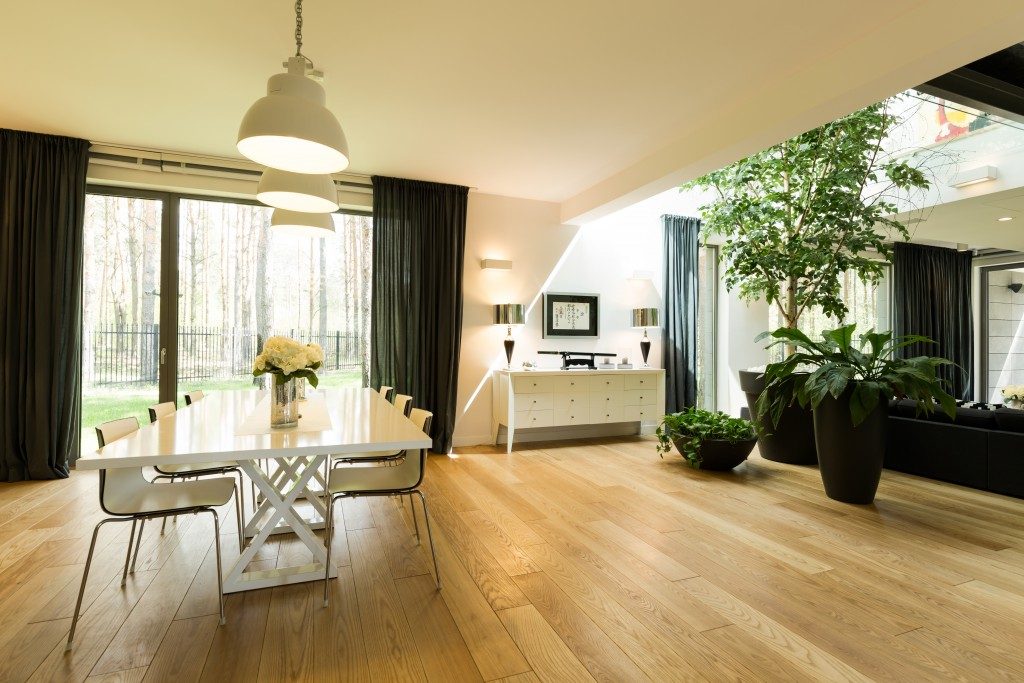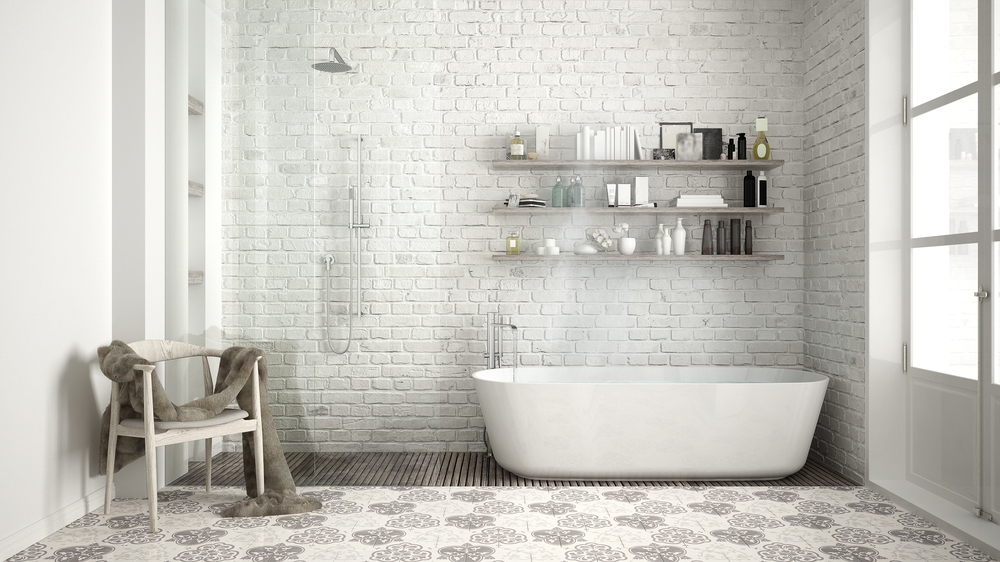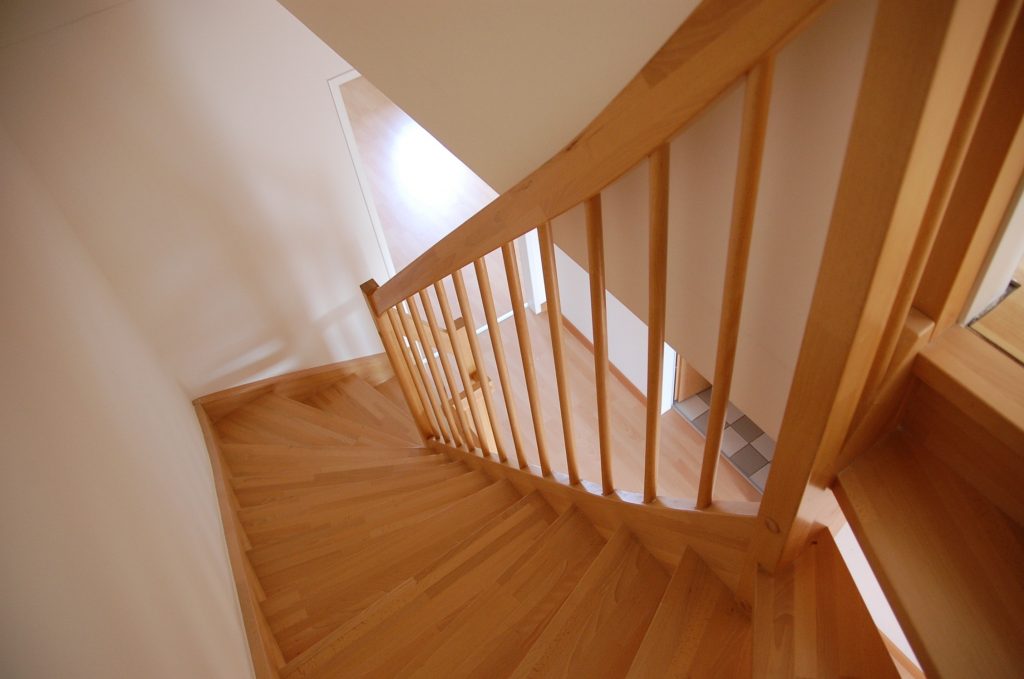Plants have always been our ally in improving our general health, including keeping the air clean and breathable. Most of the time, plants are found in gardens, the patio, or the backyard. But do you know that it’s also important to have plants indoors?
Other than adding charm to your space, here are the science-backed benefits of keeping indoor house plants.
Purifying the Air
Plants provide an essential role in improving air quality indoors. It was discovered that the leaves and roots can remove toxic vapors inside tightly sealed homes and buildings. The leaves itself can remove small levels of formaldehyde found in cleaning products, detergents, and fabric softeners, as well as Benzene, found in some pesticides, plastics and smokes from cigarettes. Plants also absorb the carbon dioxide and convert it to oxygen for clean, breathable air.
Clearing Toxins
A single person spends around 80 to 90 percent of his or her time indoors, slightly increasing the risk for certain diseases associated with indoor air pollution such as stroke, COPD (Chronic Obstructive Pulmonary Diseases), lung cancer, and respiratory infections in children.
Plants are natural air purifiers and provide mild detoxification inside your office and at home, removing 10 percent of carbon dioxide. A study also shows that having three to six plants indoors keeps toxins at a lower level than recommended.
Combating Sick Building Syndrome
Sick building syndrome usually manifests as respiratory problems, nausea, fatigue, and headaches in people who spend most of their time indoors. Americans spend 90 percent indoors where there is a lot of contaminants released from appliances, artificial lighting, detergents, paints, copy machines, pesticides, and poor ventilation. Interacting with indoor plants promotes a relaxing feeling, eases anxiety and stress, just like taking a walk outdoors, where there is fresh air.

Producing Natural Humidifiers
Dry air due to winter or dry climates can cause problems to our skin, making them dry and itchy. People also experience dry nasal passages resulting in some respiratory issues. Some indoor plants regularly pull water from the soil to keep their upperparts hydrated. Then, water evaporates from their leaves, naturally humidifying the air.
Humidifying the air keeps our skin smooth and supple. It also helps moisturize our mucous linings in our nasal passages, protecting us from respiratory problems. These are truly important benefits of incorporating an indoor garden design into your home
Reducing Stress Levels
Having plants inside our home or office has the same effect as interacting with nature. Instinctively, when we experience nature and the greenery of our surroundings, it eases the stress and anxiety that we are experiencing. Low-stress levels increase productivity, meaning lesser mistakes during work, and lessens the probability of getting sick.
Indoor plants also promote a sense of well-being, happiness, and better performance.
Indoor plants provide us with many benefits. Other than improving our physical health, it also promotes mental well-being. With all the science-backed benefits of house plants, it’s time to start making space for that garden room to reduce your stress levels, purify your air, and provide a relaxing ambiance.




